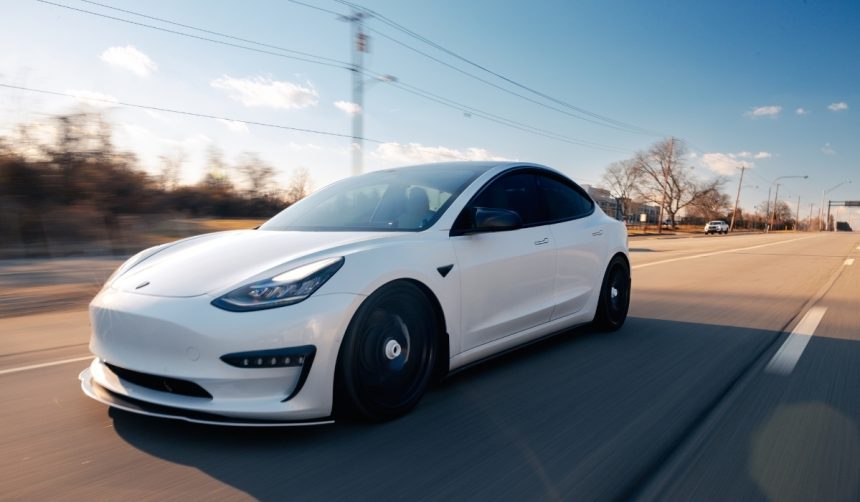Tesla’s leadership is urging shareholders to look beyond the scale of CEO Elon Musk’s proposed compensation package and consider its foundations in company performance and future influence. Recent conversations have highlighted how both financial and managerial interests are intertwined in this plan, especially as Tesla expands into emerging industries like robotics. The debate around Musk’s multi-tranche compensation deal, which links his payout to ambitious company milestones, reveals broader concerns about effective control and strategic direction at Tesla. Commentary within the company emphasizes that Musk’s continued presence and voting power are seen as critical as Tesla explores deeper technological advancements.
When Musk’s earlier compensation packages surfaced, the public reaction largely revolved around the potential for unprecedented personal gain. Recent reporting and interviews, however, show a shift in focus toward the mechanics and implications of linking compensation directly to measurable company achievements. Unlike previously, Tesla’s board now more actively addresses the connection between Musk’s voting stake and the projected trajectory of Tesla’s innovations, particularly in sectors like robotics and artificial intelligence. The company’s approach suggests a growing recognition of the importance of sustained stewardship and influence as a key motivation behind the pay plan, rather than financial reward alone.
What Does the Compensation Package Aim to Achieve?
Tesla’s board states that the compensation package is structured around performance benchmarks, with Musk standing to receive no payout unless Tesla reaches significant financial and operational targets. Board Chair Robyn Denholm responded directly to doubts about the pay proposal, emphasizing the contingency aspect of the plan:
“So firstly, it is a performance package, so he gets nothing if he doesn’t perform against the pretty audacious milestones that are part of the performance criteria that’s been outlined by the board in the performance package.”
The message centers on rewarding measurable results rather than guaranteeing wealth to the executive.
Why Is Voting Control a Priority for Musk?
Musk’s perspective on the plan places a strong emphasis on his role in steering Tesla’s long-term direction, especially as technologies evolve. He has raised concerns about the potential consequences of leading new initiatives, such as advanced robotics, without sufficient influence over company decisions. In his own words:
“It’s called compensation, but it’s not like I’m going to go spend the money. It’s just, if we build this robot army, do I have at least a strong influence over that robot army… That’s what it comes down to in a nutshell.”
This outlook informs Tesla’s ongoing public campaign to ensure shareholders recognize the non-monetary motivations behind the plan.
How Has Tesla Communicated with Shareholders?
Tesla has increased efforts to engage shareholders on the nuances of the compensation vote, reminding them that the package is tied to future economic performance, not immediate enrichment for Musk. The company has highlighted scenarios in which Musk could reduce his involvement if voting influence does not align with Tesla’s trajectory. Denholm’s remarks reinforce the need for clarity, noting the board’s desire for stakeholders to understand that the proposal focuses on competitive goals and future shareholder decisions, not just pay.
Clear communication from both Musk and Tesla’s board underlines the complexity of aligning leadership incentives with corporate ambition in rapidly evolving industries. The comparison to earlier perceptions of CEO rewards reveals a shift in both the internal and public dialogue—one that places renewed importance on the effective stewardship and the challenges of managing advanced technology firms. For readers tracking this issue, it’s evident that approaches to executive compensation are becoming more intricate and tightly connected to both competitive milestones and governance. When scrutinizing pay packages like Musk’s, it is useful to evaluate not only immediate benefits, but also how incentives are designed to secure sustained innovation and stability in company leadership, especially during times of unprecedented technological change.
- Tesla emphasizes performance goals over wealth in Musk’s pay plan debate.
- Voting power is highlighted as Musk’s central motivation for compensation.
- Shareholder engagement focuses on company targets and leadership stability.










